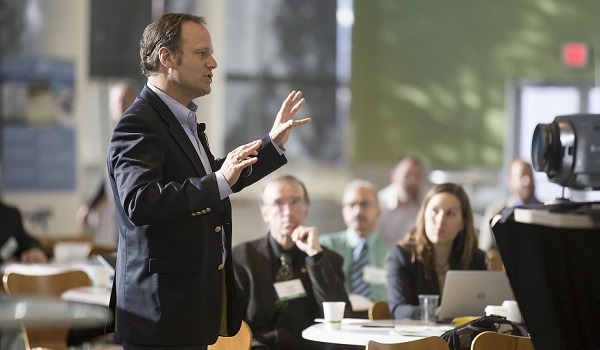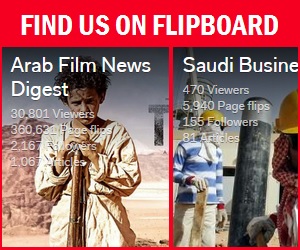To brands that have lost their voice: speak up!
In our new world of audience analysis, consumer behaviour statistics, sentiment research and trend watching, it’s easy to focus too much on analysing and not enough on actually communicating. Even the best marketing insights are wasted knowledge if a brand’s communications are simply too weak to make much difference anyway. Our marketing environment is now a particularly noisy place and brands that don’t make the effort to be heard, simply won’t be.
We’ve already established that the megaphone-like advertising of old no longer works and that, as every good salesman knows, listening is twice as important as speaking. We’ve also learnt that, empowered by social media, opinionated consumers are sometimes a lot more influential than they used to be. Brands today have less control over what is said about them and where their customers get their information. However, that doesn’t devalue the importance of good communication.
It’s probably fair to say that most brand communications fail. However, it’s more accurate to say that all brand communications fail with some audiences, some of the time. That’s no bad thing. Brands must target to be able to communicate clearly and, in the age of the Internet, messages intended for specific audiences are often accessible to everyone. That’s not an argument in favour of more generic messaging, quite the opposite. Brands must continually prove their relevance and that means appealing as specifically and as frequently as possible to their key audiences.
As we learn from research such as Havas Meaningful Brands Survey, content is clutter. And we live in a world cluttered by content like never before. If you’ll allow me an analogy or two, it’s the hubub of a crowded room. Most of what’s being said is probably of no interest to us and we can’t assume that what we have to say will automatically be recognised as important by everyone else. However, if we’re smart and work hard, we can introduce ourselves to many of those people and be given the permission that we need to tell our story. Having others in the room mention us certainly doesn’t hurt, but it also doesn’t diminish the value of speaking for ourselves.
In the Middle East, there still remains a shortage of quality brand content that is both purposeful and engaging. For many companies, the most thought given to content strategy is to schedule corporate announcements or to debate what static content should appear on the new website. Others may feel that getting their agency to post daily library images on social media or write miscellaneous articles for their blog is a practical way to fill that gap. However, this inadequacy only serves to leave open an enormous opportunity for brands willing to invest in content, content marketing and digital communications.
Brand communications in the digital age can be more effective than they have ever been before, but simply showing up online doesn’t ensure success, nor does outsourcing your voice. Brands that don’t methodically develop and communicate their story will fall behind. Those that do not communicate strongly and with frequency will find that their space is filled by the communications of competitors, consumers, the media and other voices. Like nature, the Internet abhors a vacuum. If you want to be heard, you had better speak up.
Looking for content marketing strategy ideas that work for your brand? Ask me at: carringtonm@spotonpr.com
Read more about digital communications
Omnichannel marketing changes everything (October 2017)
Social media is not a strategy (September 2017)
Plenty of content marketing opportunity for Middle East brands (March 2014)
Create more compelling content (September 2013)
Time to revisit your brand positioning? (July 2013)
Are you being genuine? (May 2013)
Communication first, technology second (April 2012)
We are all publishers (March 2012)
Disintermediation and the media (November 2009)



